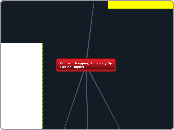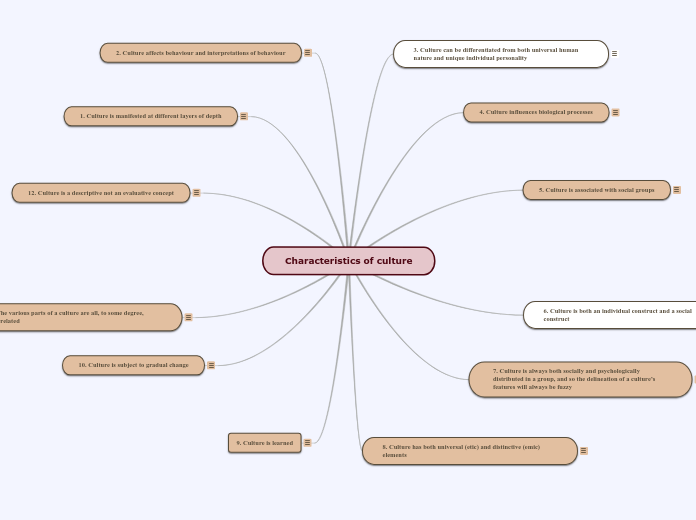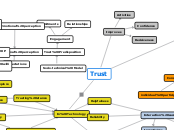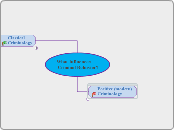Concept Mapping Sociology By Fabian Hayles
Social Structures
Social Institutions
Emergent
Military
Science/Medicine
Mass Media
Sports
Traditional
Economy
Government
Education
Religion
Family
Social Groups
Secondary Groups
Corporations
Churches
Schools
Primary Group
Peers
Close Friends
Family Members
Status and Roles
Achieved Status
Income Level
Class
Gender
Age
Race/Ethnicity
Sociological Imagination
Global Sociological Imagination
Low-Income Countries
Middle-Income Countries
High-Income Countries
Suicide
Personal Problems
Social or Public Issues
Personal Troubles
Social Interaction
Facial Expression
Touching
Eye Contact
Social Institutions
Sunday School
Preschool
University/College
Role
Parents
Social Worker
Status
Achieved Status
Income
Education
Occupation
Ascribed Status
Being Christian
Being Jewish
Being of Jamaican Descent
Homeless Person
College Student
Professor
Musician
Professional Athlete
Role (Role Conflict, Role Strain, Role Performance, Role Expectation)
Different Groups
Reference
Out-
In-
Secondary
Primary
Instrumental and Expressive Leadership
Anticipatory Socialization
Dimensions of Collective Behavior and Social Movements
Types of Crowd Behavior
Protest Crowds
Strikes
Blockades
Boycotts
Marches
Sit-Ins
Expressive and Acting Crowd
Revelers assembled at Mardi Gras or New Years in Time Square
Morners Lining the Streets
Worshippers at Religious Revival Services
Casual and Conventional Crowds
College Lectures
Concerts
Graduation Ceremonies
Religious Services
Subway Cars
Shopping Malls
Collective Behavior
Fashion
Fads
Riots
Mobs
Crowds









